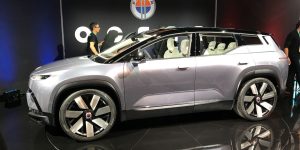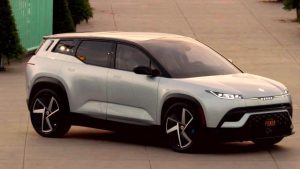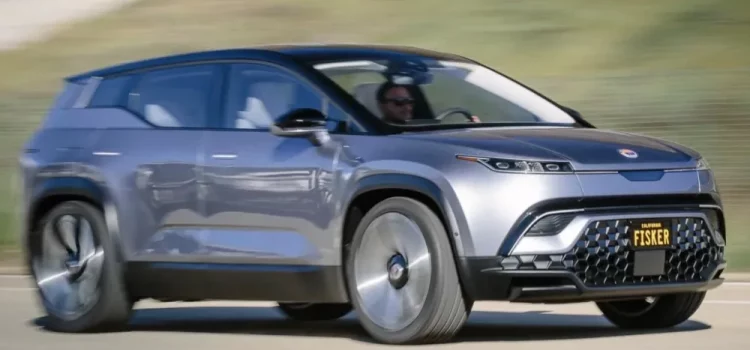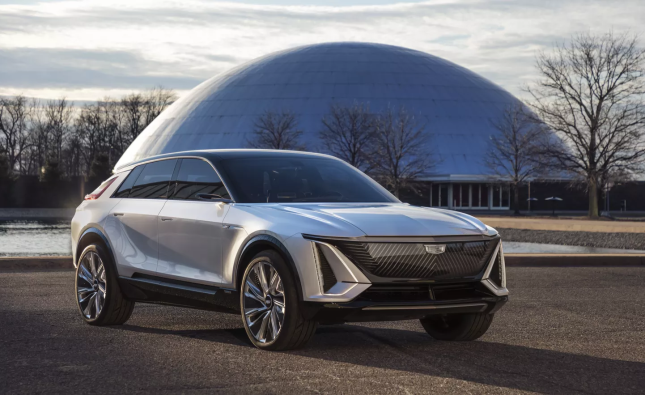
Introduction
To effectively delve into the challenges faced by Fisker in utilizing dealerships as part of their strategy, it’s essential to consider various facets within the automotive industry and the unique positioning of the Fisker brand. Fisker, known for its innovative electric vehicles (EVs), has ventured into a competitive landscape, aiming to leverage traditional dealership networks to reach consumers. However, this strategy isn’t devoid of hurdles and resistance. Let’s explore these challenges in detail.
Legacy Franchise Laws and Regulations
Fisker might confront legal barriers imposed by legacy franchise laws governing the dealership model. These laws, designed to protect established dealerships, often limit the direct sales approach favored by new entrants like Fisker. Compliance with these regulations could hinder Fisker’s flexibility in setting up and managing its own dealerships.
Dealer Network Acceptance
Convincing existing dealerships to adopt Fisker’s brand and EV-focused approach might face pushback. Dealerships entrenched in traditional models might hesitate to invest in infrastructure upgrades or retraining sales staff for EV-centric sales, viewing it as a risky or unnecessary investment.
Education and Training
EVs entail a different sales approach compared to traditional vehicles due to unique features, charging infrastructure, and consumer perceptions. Educating both dealers and consumers about the benefits and technicalities of EVs becomes pivotal. Fisker might face challenges in ensuring that dealers possess comprehensive knowledge and expertise to effectively communicate these nuances.
Brand Perception and Positioning
Fisker’s unique brand positioning might clash with conventional dealership practices. Maintaining the brand’s innovative, environmentally-conscious image while operating within established dealership frameworks could pose challenges. There might be conflicts in aligning dealership practices with Fisker’s eco-friendly ethos.
Inventory Management and Stocking EVs
Traditional dealerships are accustomed to managing internal combustion engine (ICE) vehicle inventories. Incorporating EVs into their inventory management systems, considering charging infrastructure requirements, and predicting demand accurately for EV models might present logistical challenges for dealerships unfamiliar with the EV market.
Customer Experience and Service
EVs necessitate a different customer service approach, especially regarding maintenance, software updates, and understanding the unique requirements of electric vehicles. Ensuring that dealerships provide seamless customer experiences for EV owners could be challenging without the requisite training and resources.

Competition from Established Brands
Fisker faces stiff competition from established automotive giants that have their own dedicated EV models. Convincing customers to choose Fisker over these brands might be challenging, especially if dealership networks for competing brands offer more familiarity and accessibility.
Infrastructure Challenges
EVs require charging infrastructure, which might not be readily available or compatible with existing dealership setups. Integrating charging stations, training staff to handle EV-specific issues, and addressing infrastructure constraints could be a barrier for Fisker’s dealership strategy.
Regional Variations and Market Adoption
Different regions might exhibit varying levels of readiness for EV adoption. Dealerships in areas with lower EV acceptance rates may be less inclined to invest in Fisker’s EV-centric strategy, leading to disparities in market penetration.
Adaptation to Digital Transformation:
Embracing digital sales channels alongside traditional dealership models is crucial in the current automotive landscape. Convincing dealerships to adopt and adapt to digital transformation might face resistance due to the associated costs and changes in operational paradigms.

Conclusion
Navigating the challenges of integrating dealerships into its strategy requires Fisker to not only innovate in the EV space but also in dealership collaboration. Overcoming legal, infrastructural, educational, and perceptual barriers will demand strategic planning, robust partnerships, and an unwavering commitment to fostering a seamless convergence between Fisker’s innovative EVs and traditional dealership frameworks. Success hinges on how adeptly Fisker navigates and addresses these multifaceted challenges to forge a mutually beneficial relationship between its brand and dealership networks.









